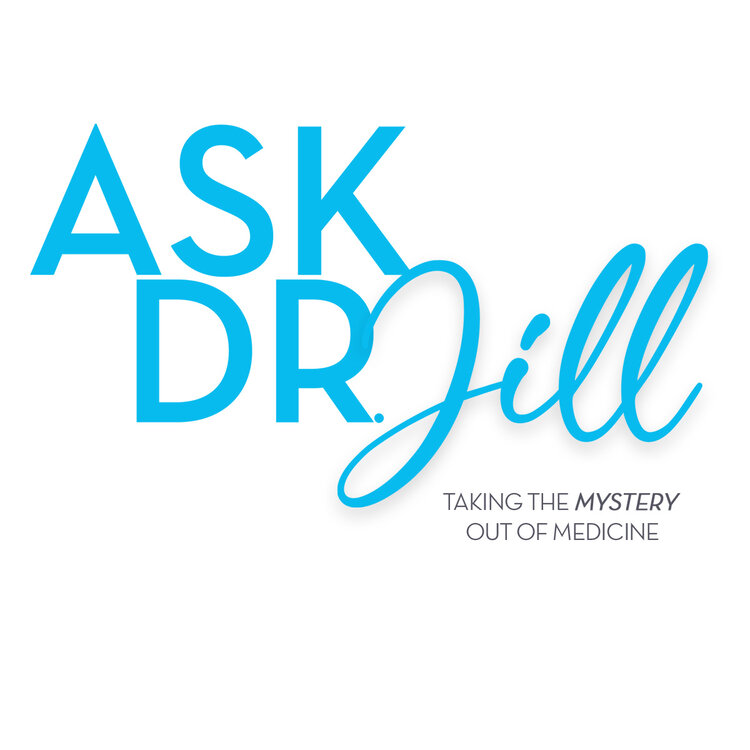Breast Cancer Awareness and Prevention
Breast cancer is a prevalent global issue affecting millions annually.
Early detection and proactive lifestyle choices are crucial in reducing breast cancer risk.
Section 1: Understanding Breast Cancer is an important first step
1.1 Types of Breast Cancer
Ductal Carcinoma In Situ (DCIS): Non-invasive cancer in breast ducts.
Invasive Ductal Carcinoma (IDC): Most common type, invasive cells in ducts.
Invasive Lobular Carcinoma (ILC): Originates in lobules, can spread.
Inflammatory Breast Cancer: Rare and aggressive, causes redness and swelling.
1.2 Causes and Risk Factors
Gender specifics : Breast Cancer affects all genders, however it predominantly affects women.
Age: Risk increases with age, most cases in women over 50.
Family History: Close relatives with breast cancer elevate risk.
Genetics: BRCA1 and BRCA2 mutations increase risk.
Hormone Replacement Therapy (HRT): Long-term use may increase risk for some
Lifestyle Factors: Poor diet, inactivity, smoking, and excessive alcohol contribute to risk.
Section 2: Awareness and Early Detection
2.1 Breast Self-Exams
Regular monthly breast self-exams are important because it helps you to be familiar with your breast tissue and you can quickly discern is there are changes.
Early detection through self-exams improves treatment outcomes.
2.2 Clinical Breast Exams
Regular check-ups with healthcare professionals is also very important.
Make sure to discuss any breast concerns you have with your doctors.
2.3 Mammograms
Regular mammograms are another important tool in monitoring breasts..
Mammograms have been shown to be more effective than self-exams or clinical exams alone.
2.4 Genetic Testing
If you have a family history of Breast Cancer or you do not know your family history, genetic testing can be very helpful in accessing risk. The results can help you and your medical team make informed healthcare decisions.
2.5 Support Groups and Communities
Emotional and practical support are critical for those who have been affected by Breast Cancer. Resources like support groups are a vital part of the healing journey
Section 3: Breast Cancer Prevention
3.1 Lifestyle Choices
Diet: A balanced, healthy diet is an important part of healthy living and disease prevention
Physical Activity: Regular exercise decreases risk of breast cancer development
Alcohol and Smoking: Smoking and Alcohol have both been linked with increased risk of breast cancer.
Weight Management: Obesity is a risk factor for Breast Cancer development, controlling weight is of great importance.
3.2 Breastfeeding
Reduced risk of breast cancer is associated with breastfeeding.
New mothers should consider breast feeding and it’s health benefits for both mom and child.
3.3 Hormone Therapy
Discuss risks and benefits of hormone replacement therapy are important to understand
Encourage informed decisions regarding prolonged use.
3.4 Genetic Counseling
I Suggest genetic counseling and testing for those with family history.
Provides a more accurate assessment of risk.
3.5 Environmental Factors
Raise awareness of environmental risk factors, such as chemical exposure and radiation.
Section 4: The Role of Early Detection
4.1 Self-Exams
Monthly breast self-exams are important. Step-by-step guides for proper self-examination are available at the end of this discussion.
4.2 Clinical Exams
Don’t forgo regular clinical breast exams with your healthcare providers.
Especially important if any breast changes are noticed.
4.3 Mammograms
Mammograms, particularly for women over 40 can find breast cancer early. Although there are many misconceptions about mammography, they carry no risk and are an important screening too.
Section 5: Conclusion
Breast cancer awareness and proactive prevention strategies are key.
I it important for everyone to control of our breast health.
Together, we can work toward a future where breast cancer is preventable, curable, manageable, and none life-threatening. We have to make a collective effort to continue raising awareness, supporting research, and promoting prevention for a brighter future.
